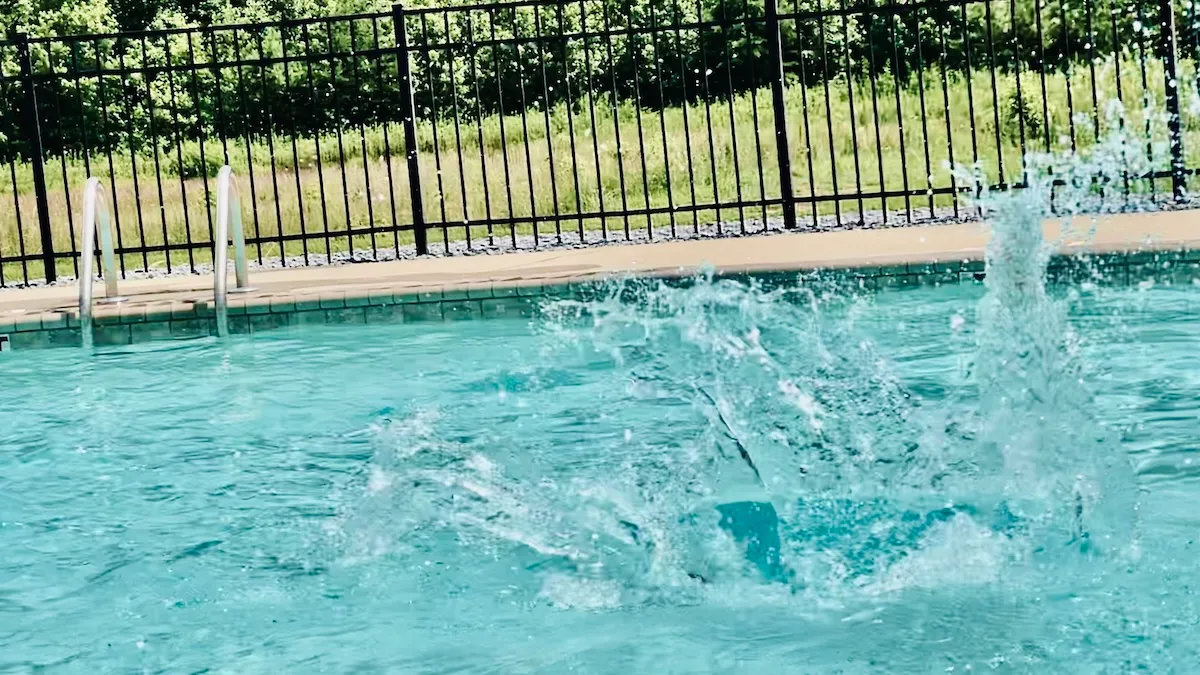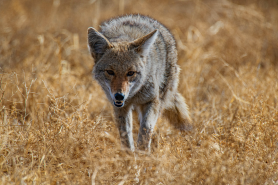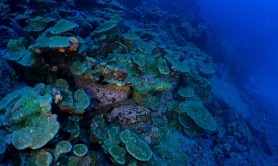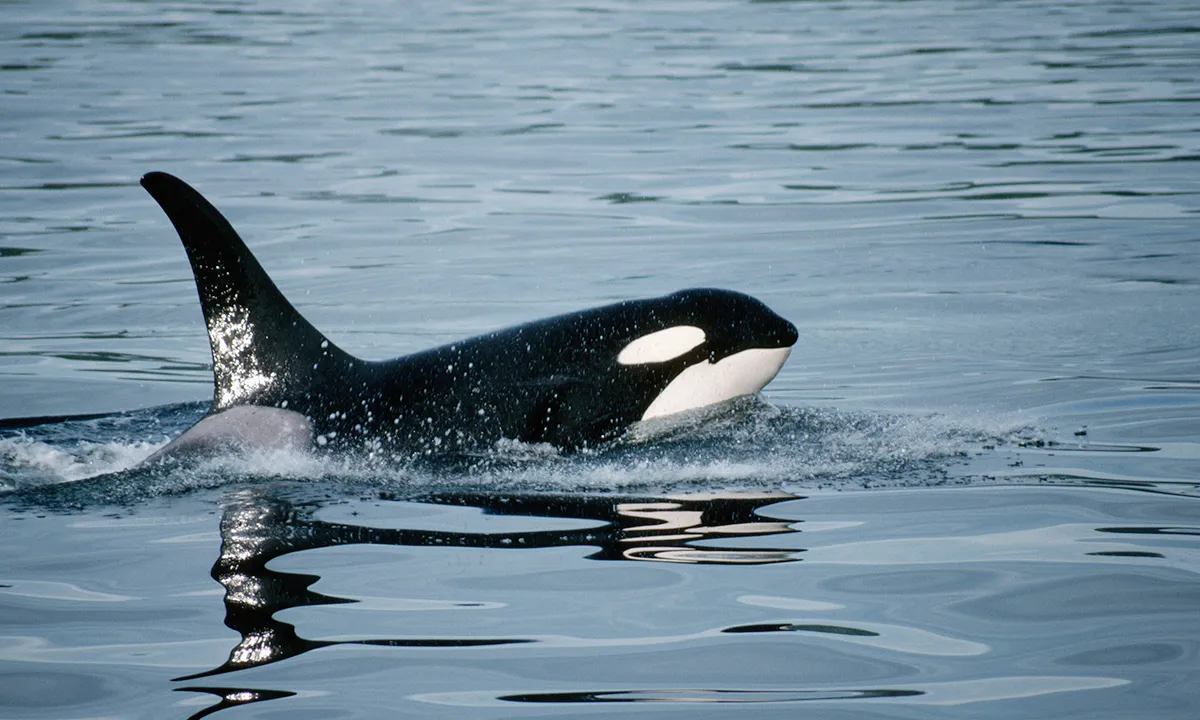

An orca attacked a yacht off the coast of Scotland, U.K. This is the first time this behavior has been recorded beyond Portuguese and Spanish waters.
Alfredo López Fernandez, a biologist and representative of the Grupo de Trabajo Orca Atlántica, or Atlantic Orca Working Group (GTOA) told Live Science that behavior can spread through social learning, which could explain this encounter in new waters.
Videos by Outdoors
The orca repeatedly slammed into experienced yachts person Dr. Wim Rutten’s boat while he was fishing in the North Sea off Shetland, Scotland. Rutten speculated that the orca appeared to be searching for the “keel”, which is a large structural element on the bottom of a vessel that looks like a large rudder. Similar to the orca attacks in Spanish waters, the orcas appear to be drawn to features of boats that look similar to fins.
Iberian orcas, a small and endangered population, have sunk three boats in the last 18 months and damaged over 100 more by ramming. Some experts think an adult female named White Gladis may have survived a traumatic event that triggered behavioral changes and inspired the original attacks.
Experts think orcas may perceive boats as a threat to their food supply and survival.
Dr. Bec Wellard, a research scientist with the Centre for Marine Science and Technology at Western Australia’s Curtin University is the founder and head of research for Project ORCA. Dr Wellard explains that even orca scientists don’t know for sure why these animals are ramming boats.
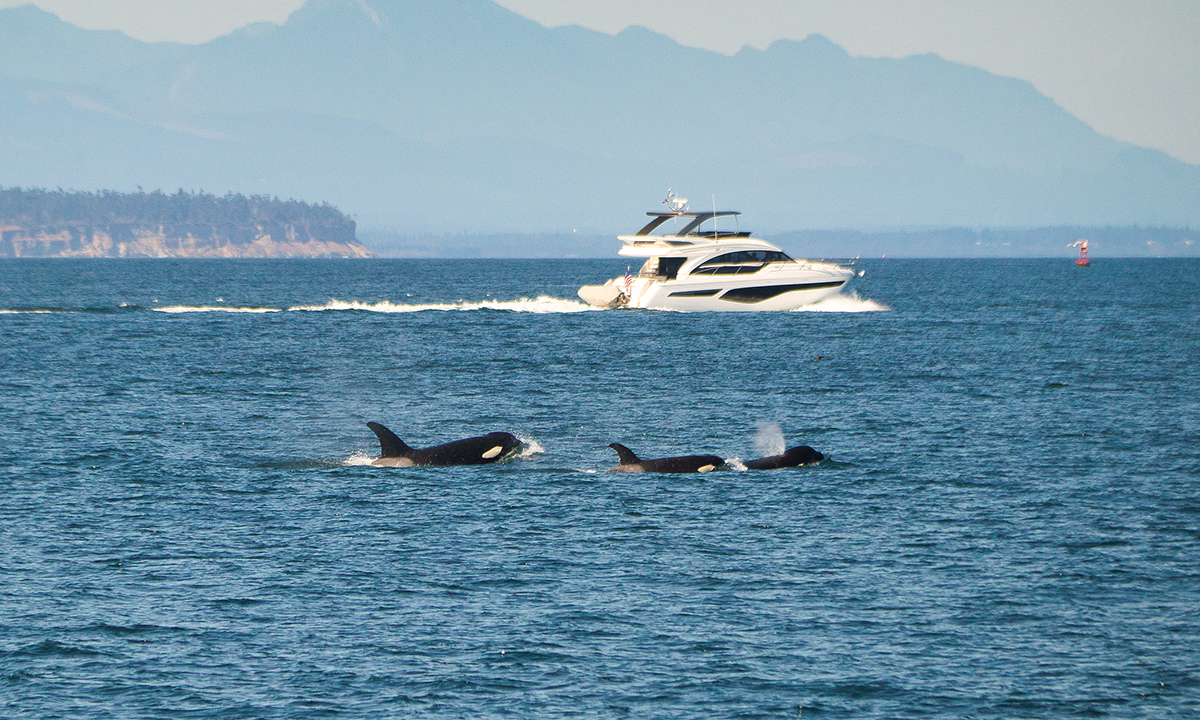
Although 2,000 miles (3,200 kilometers) separate orcas in the North Sea from the Iberian population, there might be “highly mobile pods that could transmit this behavior a long distance,” a scientific adviser to the Hebridean Whale and Dolphin Trust told The Guardian.
The GTOA suspects the incidents may be linked to human activities such as fishing, noise pollution, and boat traffic.
“We think that the other orcas are juveniles and are copying [White Gladis’] behavior because she is an adult and they think that as an adult ‘we need to do this to survive,'” Mónica González, a marine biologist working with the GTOA said.
Will this learned behavior continue to spread among orca populations? Tell us what you predict in the comments below.
